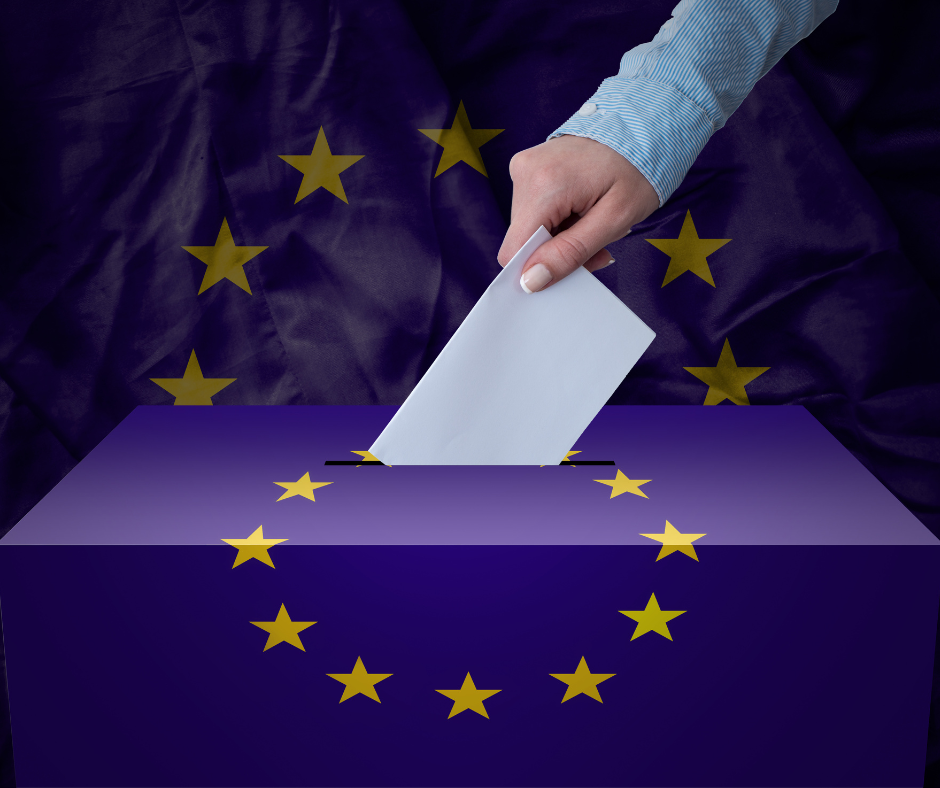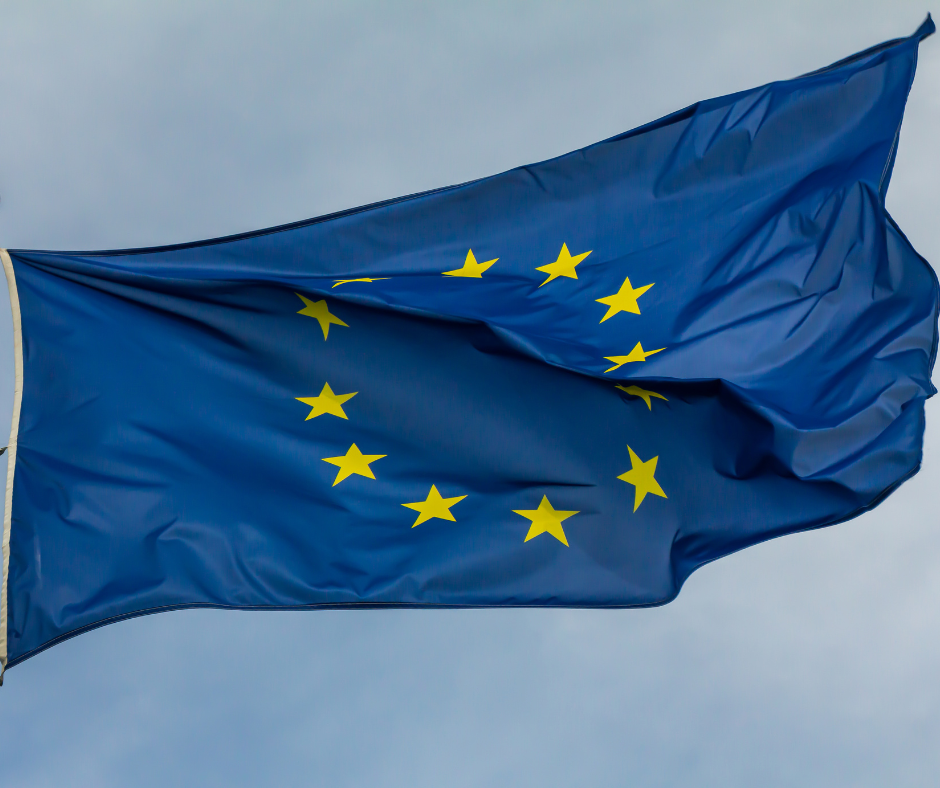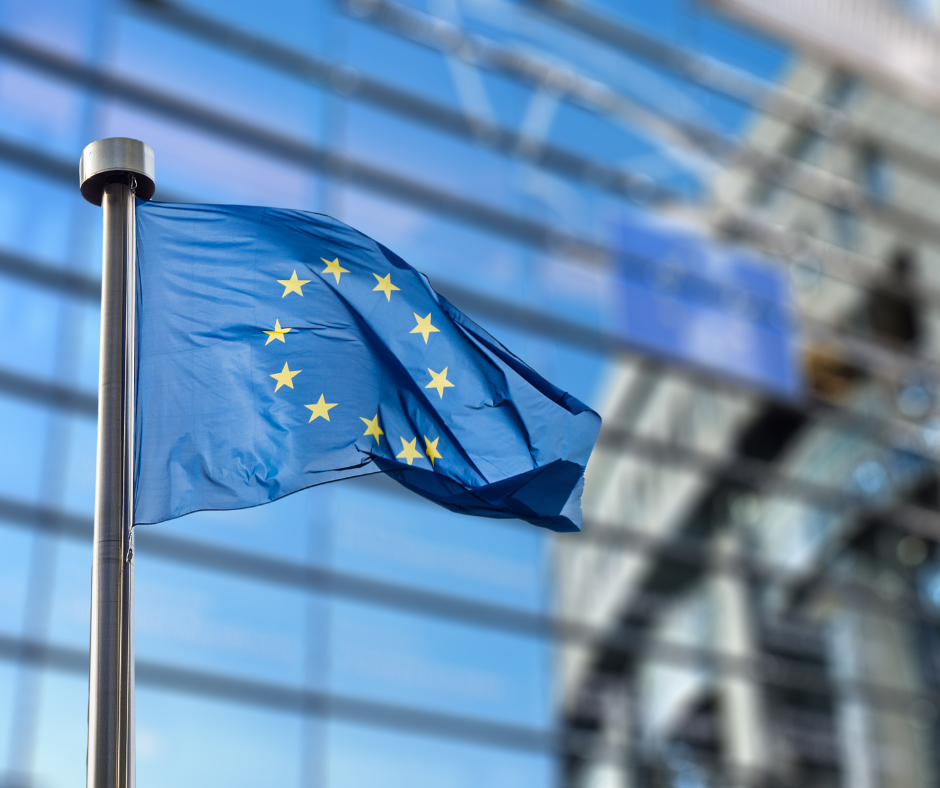Our Government affairs manager, Zoltan Kesz, recently interviewed an MEP candidate from the Free Democratic Party of Germany to gain insights into their vision for Europe’s future, their proposed solutions to current challenges, and their stance on pivotal policy matters.
What are the biggest challenges the EU is currently facing?
“The EU faces a significant challenge in strengthening its economy to retain companies and attract investments. Urgent actions, like reducing bureaucracy and digitizing services, are needed. The conflict in Ukraine disrupts trade and energy, emphasizing the need for joint strategies to secure energy, enhance defense, and ensure economic resilience. Internal and external security is tied to economic stability, necessitating measures against illegal migration and promoting legal pathways for labor needs. A coordinated European response focusing on economic strength, security, and social cohesion is vital through targeted growth, innovation, and sustainability measures.”
What is your vision of Europe in the coming decade?
“In the next decade, I envision a prosperous Europe at the forefront of sustainable development and digital innovation. My goal is a competitive, dynamic, and inclusive economy, emphasizing a thriving green economy, high-quality jobs, and advanced digital infrastructure. Peace, security, freedom, and equality of opportunity are central to promoting individual freedom and equal chances for success. This vision includes top-tier education, healthcare access, and digital transformation benefits. Overall, my goal is a continent that shines with economic strength, sustainability, and unity on the world stage, upholding democratic values both internally and externally, innovating while protecting the environment, and prioritizing citizens’ well-being.“
How do you see the role of AI in the near future? What do you think of regulating it?
“Artificial Intelligence (AI) will play a transformative role shortly by driving innovations and contributing to efficiency gains across various sectors. However, pursuing a balanced approach to AI regulation is crucial to ensure that its development and application adhere to ethical standards, protect privacy, and do not create new inequalities. I advocate for smart regulation that promotes innovation while setting clear guidelines for ethical issues, data protection, and security.”
How does Europe benefit from free trade agreements?
“Free trade agreements offer Europe numerous benefits, including access to new markets, economic growth, and job creation. They also enhance the competitiveness of European companies by providing access to raw materials and components at competitive prices. However, it is essential that these agreements include fair conditions for all parties and do not undermine environmental and social standards.”
Many politicians talk about energy diversification. What is the ideal solution, in your opinion?
“A sustainable energy supply is crucial for Europe’s independence and environmental protection. My vision involves increasing investment in renewables like wind, solar, and hydrogen and improving energy efficiency. Smart grids are essential in flexible renewable energy distribution, reducing external dependence and enhancing EU energy autonomy. Recognizing nuclear energy’s role, I emphasize adherence to strict safety and environmental standards for its reliable, low-carbon contribution to a sustainable energy mix.”
Which one do you prefer and why? Innovation vs regulation?
“Innovation and regulation are not opposites but can go hand in hand. Innovation is critical to addressing many of the challenges we face, while regulation is necessary to ensure that new technologies and business models work in the best interest of society. Well-thought-out regulation can guide and promote innovations by establishing clear frameworks while providing consumer protection and fair market conditions.”
What are your constituents concerned about regarding the European Union?
“Voters are primarily concerned about security, the economy, and migration. Enhanced cooperation, a solid defense strategy, and comprehensive cyber threat measures are crucial for citizen safety—economic worries center on job creation amid digitalization and structural changes. Fostering innovation, supporting SMEs, and ensuring global competitiveness are priorities. Education and lifelong learning are vital in equipping the workforce for economic shifts. Addressing concerns involves a regulated migration policy, considering border security and humanitarian obligations. Legal and safe migration pathways must meet economic needs without exceeding member-state capacities. Housing shortages amplify social inequality, especially in urban areas. Solutions include investing in affordable housing, promoting innovative space utilization, and strengthening social housing while combatting market speculation for widespread access to adequate and affordable housing.”
Do you think it is wise to accept more countries into the Union?
“The expansion of the EU can be sensible if new members share the democratic values of the Union, contribute to economic strength, and are willing to adopt EU legislation. However, each expansion process should be carefully evaluated to ensure that the existing and potential new member states can benefit from the expansion without overburdening the EU’s institutional capacity.”




